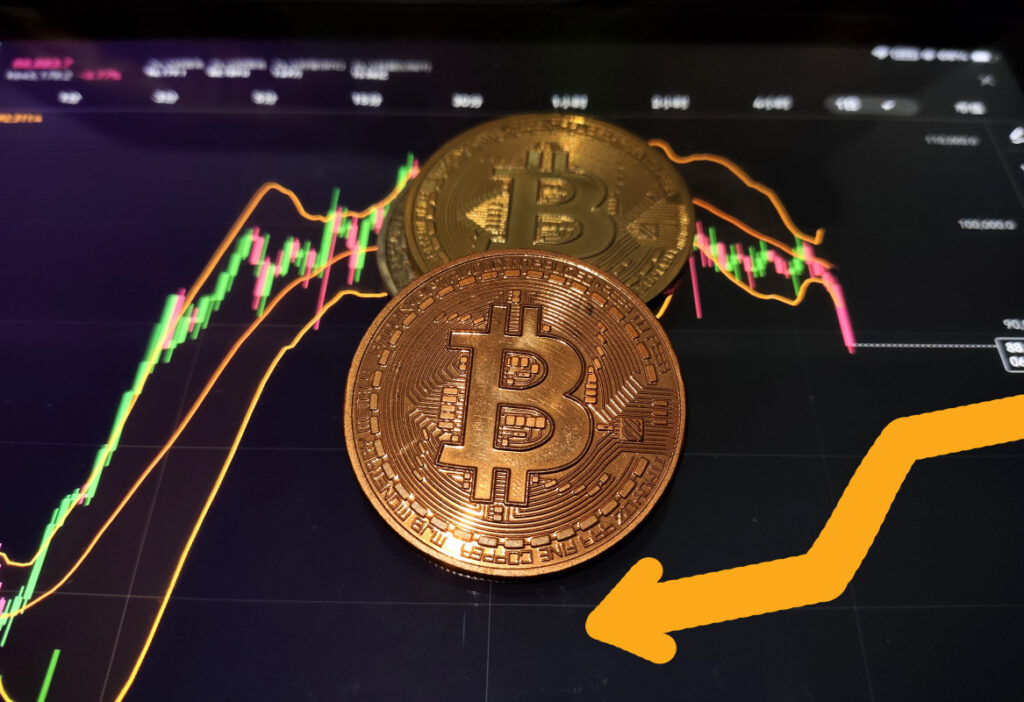Barnali Biswal, CEO of Hilbert Group, believes the global pivot away from the U.S. dollar could usher in a defining moment for crypto — even as short-term volatility grips traditional and digital markets.
As U.S. markets continue to process the economic uncertainty triggered by President Trump’s sweeping “Liberation Day” tariffs, crypto experts are watching macro signals closely.
On the latest episode of Deribit’s Crypto Options Unplugged podcast with Imran Lekha, Hilbert Group CEO Barnali Biswal said that while the policy noise is rattling short-term price action, it might actually be laying the groundwork for a more favorable long-term environment for crypto.
“Structurally, everyone feels at a very, very good place in crypto market in general,” said Biswal. But when it comes to traditional risk assets, “there is clear weight due to the uncertainty — that policy uncertainty.”
Hilbert Group is a Swedish investment company specializing in quantitative, algorithmic trading strategies within digital asset markets. Founded in 2018, the firm focuses on leveraging statistical characteristics of cryptocurrencies, such as volatility and decorrelation, to inform its trading algorithms.
She pointed to a more fundamental shift behind the volatility: the potential rise of a “multipolar world” and the slow erosion of the U.S. dollar’s dominance. “We are shifting substantially into a multipolar world where there could be a period of de-dollarization,” Biswal noted. “That’s a pretty significant change, and markets will take some time to adjust to that new normal.”
While crypto markets may be experiencing short-term dips, Biswal sees increasing adoption, evolving regulations, and macro headwinds as strong tailwinds for the digital asset space in the medium to long term.
David Brickell, Head of International Distribution at FRNT Financial, echoed this, pointing out that current stagflation fears — slower growth alongside persistent inflation — are weighing heavily on risk assets. “It’s the worst scenario for risk,” he said, noting Friday’s stronger-than-expected PCE inflation data paired with weaker spending and consumer sentiment.
As for whether this marks a turning point, Brickell added, “We’re in this slowing, not collapsing, growth environment.”


